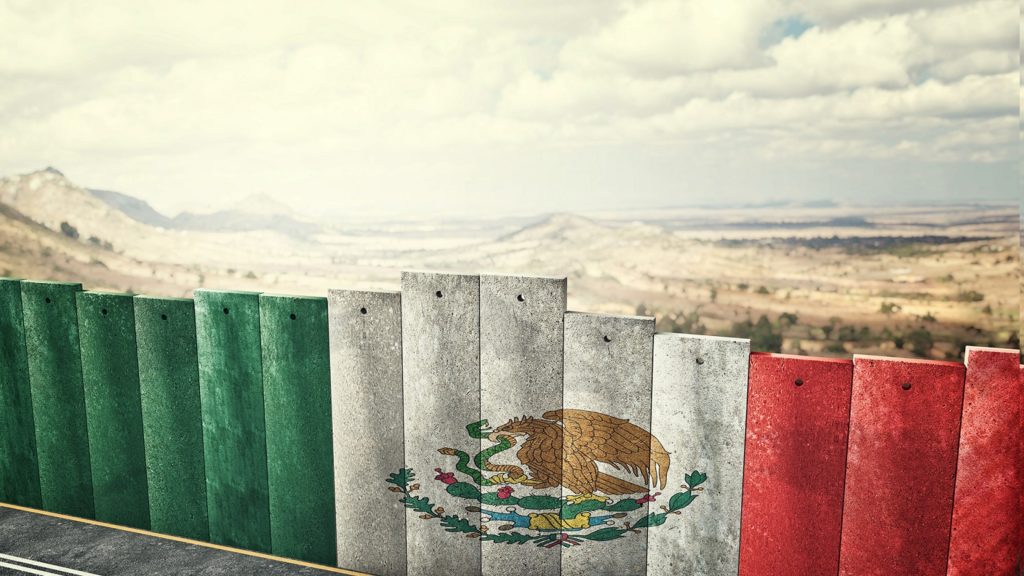Covid Anniversary Blog

`Never say never’ … the border wall between the U.S. and Mexico has fallen.
Well, not literary, but since the inauguration of Joe Biden, they have stopped building it. Yet this is largely symbolic, as due to pandemic, the U.S.-Mexico border continues to be closed. In fact, since March 2020 the US-Mexico border has been closed to all but essential crossings. All immigration procedures were put on hold and asylum seekers desperate to reach the U.S. were told to wait in Mexico, living in shelters under inhuman conditions.
Yet there is an even darker side to this story. With no hope of the border re-opening, migrants have turned to the people smugglers. The pandemic has also made it more difficult for the US authorities to infiltrate such smuggling rings; and economic deprivation brought about by the pandemic has increased incentives for Mexicans to participate in people smuggling. The pandemic has created a circle of migration error.
Most of the undocumented Mexicans enter the U.S. to provide for their families back home. 3% of Mexico’s GDP was attributed to such money flows in 2019. This has increased during the pandemic, with Mexico recording a record 4 billion dollars in money transfers in March 2020. This contrasts with the majority of other Latin American countries who have experienced a fall in the bank transfers from the U.S in 2020.
Many Mexican immigrants are also ‘critical workers’ in construction, food services, manufacturing industries, making them more vulnerable to Covid-19. They pay taxes, add to the U.S. economy, but many of them cannot enter healthcare system and they are afraid of being caught by the authorities; increasing their risk during the pandemic, and the risk of others.
Yet with the Biden administration comes a new approach. Deportations have been halted for 100 days. ‘Dreamers’- immigrants who came to the U.S. with their parents illegally have had their protection from deportation reinstated. Asylum seekers no longer need to wait in Mexico to be allowed to enter the U.S., and the U.S. is now doing everything possible to reunite detained migrant children, separated from their family as a result of policies pursued by the Trump administration, with their parents.
There are ways to cross the border; asking for asylum, migrant smugglers, temporary work VISAs, sending children. The pandemic, and not the wall, changed is how to get to the ‘promised land’; but if the socio-economic situation in Mexico does not improve, there will incentives to find a way – legal or illegal – to cross.
And the wall is still standing…
Katia Adimora is a Graduate Teaching Assistant in the Department of English, History and Creative Writing at Edge Hill University. Twitter: @AdimoraKatia
Image by tiero
